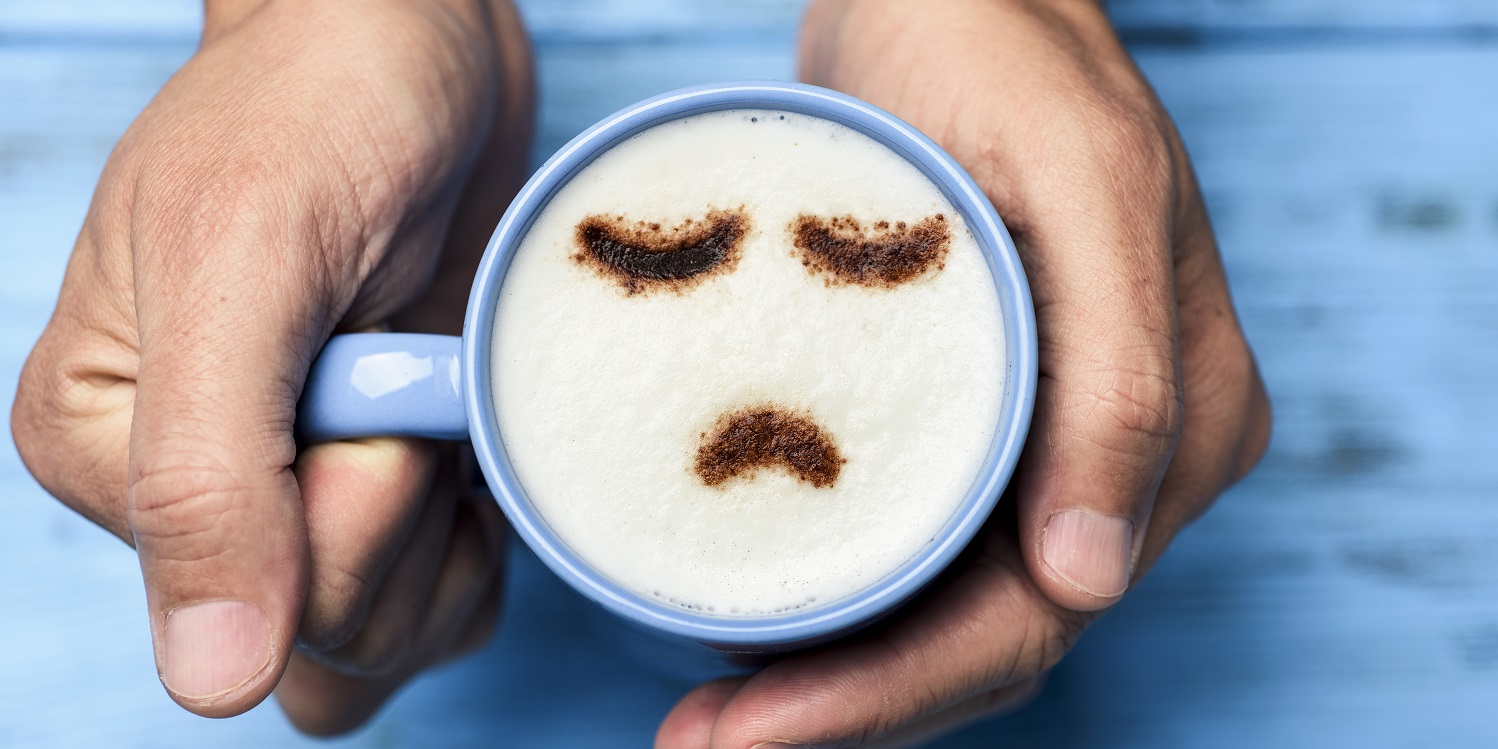Is it possible to turn negative press coverage about Blue Monday (the 'worst day of the year') and workplace absenteeism into something more positive?
Now that the New Year is upon us, we're edging closer to the day known as 'Blue Monday'. This year it falls on Monday 17th January.
Blue Monday has been touted by the media as the most depressing day of the year. It originates from calculations made for a travel company press release back in 2005. The formula has since been debunked as pseudoscience; however, the concept of Blue Monday has nevertheless gathered steam in the last few years.
Blue Monday: why does it still appeal?
It's easy to see why the idea of Blue Monday has a certain appeal. The short and cold days of winter can be dispiriting; plus, getting back into work mode after time off for Christmas means that January isn't typically everybody's favourite month.
Blue Monday is the culminating moment of the January blues, a shorthand we can use to sum up feelings of disappointment or demotivation that can occur during this month. There is no doubt that the festive season, with its costs and family pressures, is stressful for many. For those who deal with Seasonal Affective Disorder and other mental health issues, even more so.
But could we use the Blue Monday concept to initiate more meaningful conversations about mental health in the workplace?
Learn more: Improving employee mental health at work
Brew Monday: Starting mental health conversations

We need more awareness of the impact of poor mental health in the workplace; in 2021, the CIPD found that poor mental health continues to be the most common cause of long-term sickness absence in the UK, with the COVID-19 pandemic worsening mental health issues for many employees (particularly those with existing mental health conditions).
Workplaces are becoming more proactive than reactive on health and wellbeing and senior leaders are becoming more invested in employee wellbeing as a priority, which is encouraging to see, but only 50% of the organisations surveyed by the CIPD reported having a formal wellbeing strategy for employees in 2021, one year into the pandemic.
From Blue Monday to Brew Monday
Now more than ever, we can use Blue Monday to spark positive conversations about mental health if approached in the right way. Such conversations shouldn't be limited to one day of the year, of course, but opportunities to address the growing issues surrounding poor mental health and stress in the workplace are golden, not blue. Other such days include Time to Talk Day and World Mental Health Day.
The mental health charity Samaritans have turned Blue Monday into 'Brew Monday', using the day as a conversation starter. On their website, the Samaritans recommend Brew Monday as a day to "get together with your friends, family or workmates […] have a cuppa, raise vital funds for Samaritans and beat the January blues!" Such initiatives are a great way to open up conversations about mental health and make an active difference.
Learn more: Turning Blue Monday into a Brew Monday at work
Discussing mental health in your workplace
The familiar idea of Blue Monday could be a great stepping stone to starting conversations about mental health in the workplace. By doing so, we can show employees and colleagues that we can offer them support. Such conversations should be approached with planning and forethought from an HR perspective.
The CIPD has published mental health at work guidelines for employers and managers, to help organisations facilitate conversations about wellbeing and promote better mental health for employees. Why not read up on how to better handle mental health in your workplace as a New Year's resolution?
With a better understanding of how work can affect mental health, we can look upon 'Blue Monday' each year with a more proactive and positive approach.
Read more from the myhrtoolkit blog
What are the mental health benefits of staff holidays?
Starting conversations about suicide prevention in the workplace

Written by Camille Brouard
Camille is a Senior Marketing Executive for myhrtoolkit who writes on topics including HR technology, workplace culture, leave management, diversity, and mental health at work.


 Holiday Planner
Holiday Planner Absence Management
Absence Management Performance Management
Performance Management Staff Management
Staff Management Document Management
Document Management Reporting
Reporting Health and Safety Management
Health and Safety Management Task Management
Task Management Security Centre
Security Centre Self Service
Self Service Mobile
Mobile



